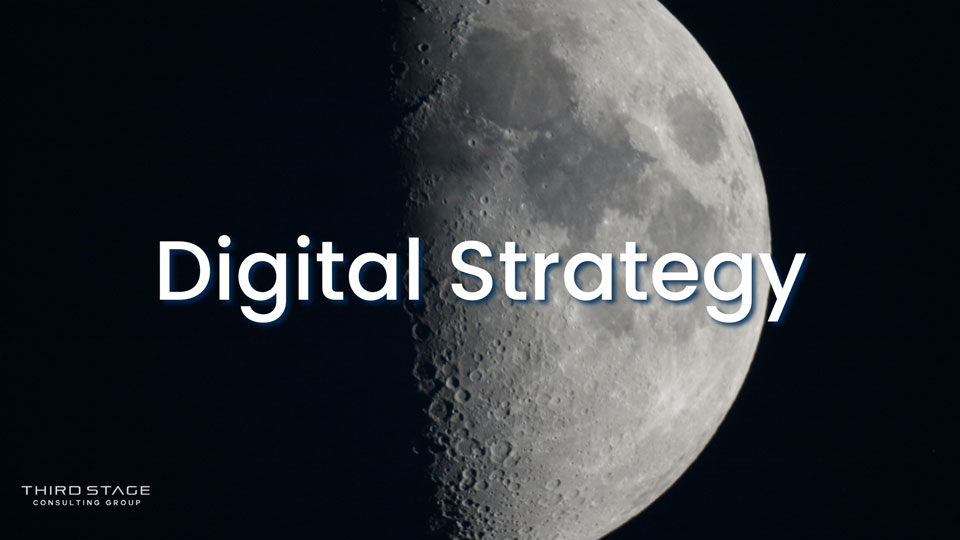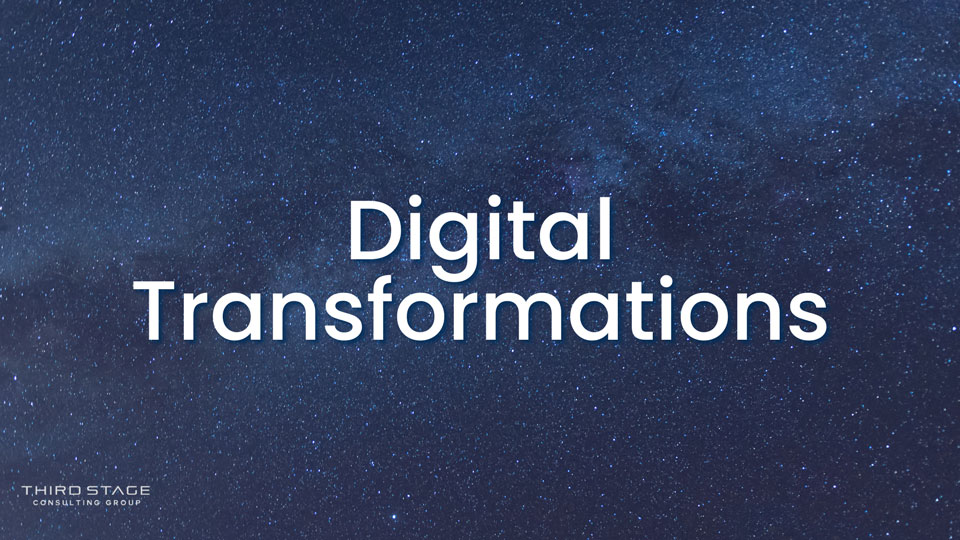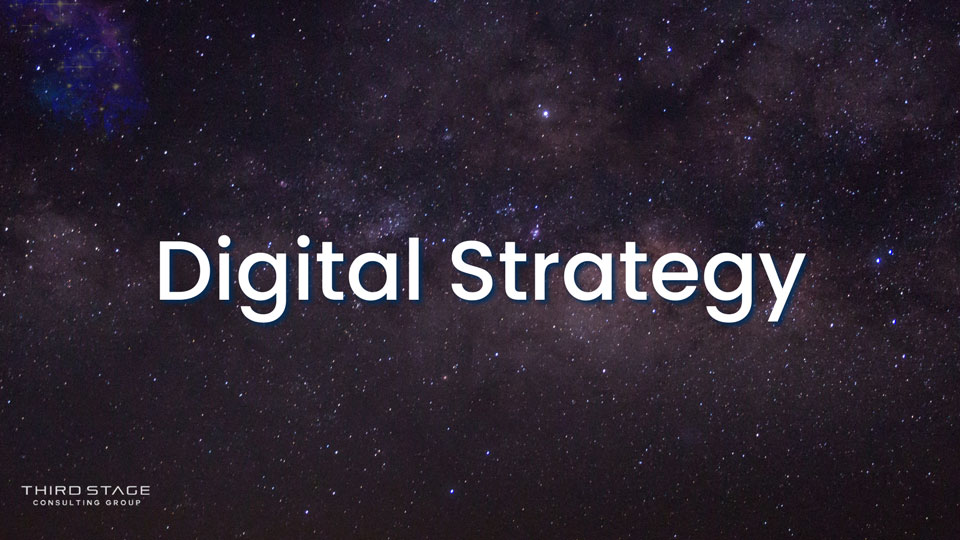The Rise of Agentic AI: How Autonomous Intelligence is Redefining Business and Beyond

When most people hear the word “AI,” their minds immediately jump to the usual suspects: ChatGPT, Google Bard, Microsoft Copilot. These tools have become increasingly integrated into our daily lives—answering questions, generating content, helping us code or draft emails. They’re useful, they’re powerful, and they’ve changed how we think about work. But what if this […]
Why I Hate SAP S/4HANA – And How You Can Still Make It Work

SAP S/4HANA is widely recognized as a leading enterprise resource planning (ERP) system. It’s used by some of the largest companies in the world and often positioned as the future of enterprise technology. But behind the glossy marketing and enterprise-grade features, many organizations are struggling with serious challenges tied to S/4HANA—challenges that are often only […]
The Global Supply Chain Crisis: What Went Wrong and How to Fix It

Over the past several years, global supply chains have faced unprecedented disruptions. From raw material shortages to transportation bottlenecks, businesses and consumers alike have felt the impact of supply chain instability. But what exactly went wrong, and more importantly, how can we fix it? Understanding Supply Chains Supply chains are the backbone of modern commerce. […]
Are You Being Extorted by Your Software Vendor? Probably. Here’s How to Fight Back.

When dealing with enterprise software vendors, many organizations find themselves caught in a cycle of forced upgrades, misleading promises, and vendor lock-in. If you feel like you’re being extorted by your software vendor, you probably are. Software vendors have mastered the art of coercion—convincing businesses to make decisions that may not be in their best […]
Mastering ERP Standardization: Unlocking Benefits, Overcoming Challenges, and Implementing Winning Strategies

The Appeal of Standardization Organizations embarking on new ERP software implementations often set their sights on a compelling goal: standardizing business processes. The rationale behind standardization is straightforward—it promises increased efficiency, enhanced data integration, improved customer experiences, and ultimately, greater profitability. However, achieving this ideal scenario can be more complex than many organizations anticipate. Despite […]
Digital Strategy: Shaping the Future of Organizational Success

Digital strategy has rapidly evolved into an essential component of organizational success, shaping how businesses approach and manage technology-driven change. A comprehensive digital strategy serves as the foundation for successful digital transformation, ensuring clarity, alignment, and realism throughout the process. In this article, we explore the core components of digital strategy, detailing the critical pillars […]
The SAP Resource Shortage: A Key Factor in Catastrophic Implementations

The world of enterprise software is facing a growing crisis—an alarming shortage of skilled SAP consultants. As businesses scramble to upgrade their legacy systems to S/4HANA before the 2030 deadline, the demand for experienced resources is far outpacing supply. But what does this mean for businesses implementing SAP? And does this shortage contribute to the […]
Why Over 80% of Digital Transformations Fail—And How to Avoid Being One of Them

Digital transformation is a necessity in today’s business landscape, yet more than 80% of digital transformation initiatives fail. Despite the complexity involved, avoiding failure doesn’t require rocket science—just three critical principles: Balance, Alignment, and Realism (BAR). Understanding these three pillars is essential to raising the bar on your digital transformation efforts and ensuring success. Why […]
Is Your Digital Strategy Actually a Digital Tragedy?

But when companies rush into digital transformation without clear planning, the result isn’t a strategy—it’s a digital tragedy. Many organizations jump into ERP implementations headfirst, believing that technology alone will fix their problems. But without a well-defined digital strategy, they end up with: So, how do you avoid a digital tragedy and craft a winning […]
The $150 Million ERP Disaster Waiting to Happen: Why the UK Government’s Matrix Project is Doomed

When an organization commits $150 million to an ERP implementation, the assumption is that the project will be a resounding success. After all, that’s a significant investment meant to streamline operations, improve efficiencies, and drive digital transformation. However, history has shown that big budgets don’t always translate to success—especially when the risks are this high. […]
How to Choose the Best Digital Strategy for Your Business (2025 Guide)

When defining a digital strategy for your organization, the number of available options can be overwhelming. The wrong decision can lead to costly inefficiencies, while the right strategy can set your business up for long-term success. To help you navigate this complex decision, we’ll break down four key digital strategy options: ✅ Single ERP System […]
Faculty AI is Shaping the Future of AI in Government Policy and Education

Artificial intelligence (AI) has rapidly evolved from a futuristic concept to an integral force shaping industries worldwide. One of the leading AI firms driving this transformation is Faculty AI, a company originally recognized for its role in influencing voter behavior during Brexit. Today, Faculty AI is positioned as a key player in AI-driven government policy, […]
